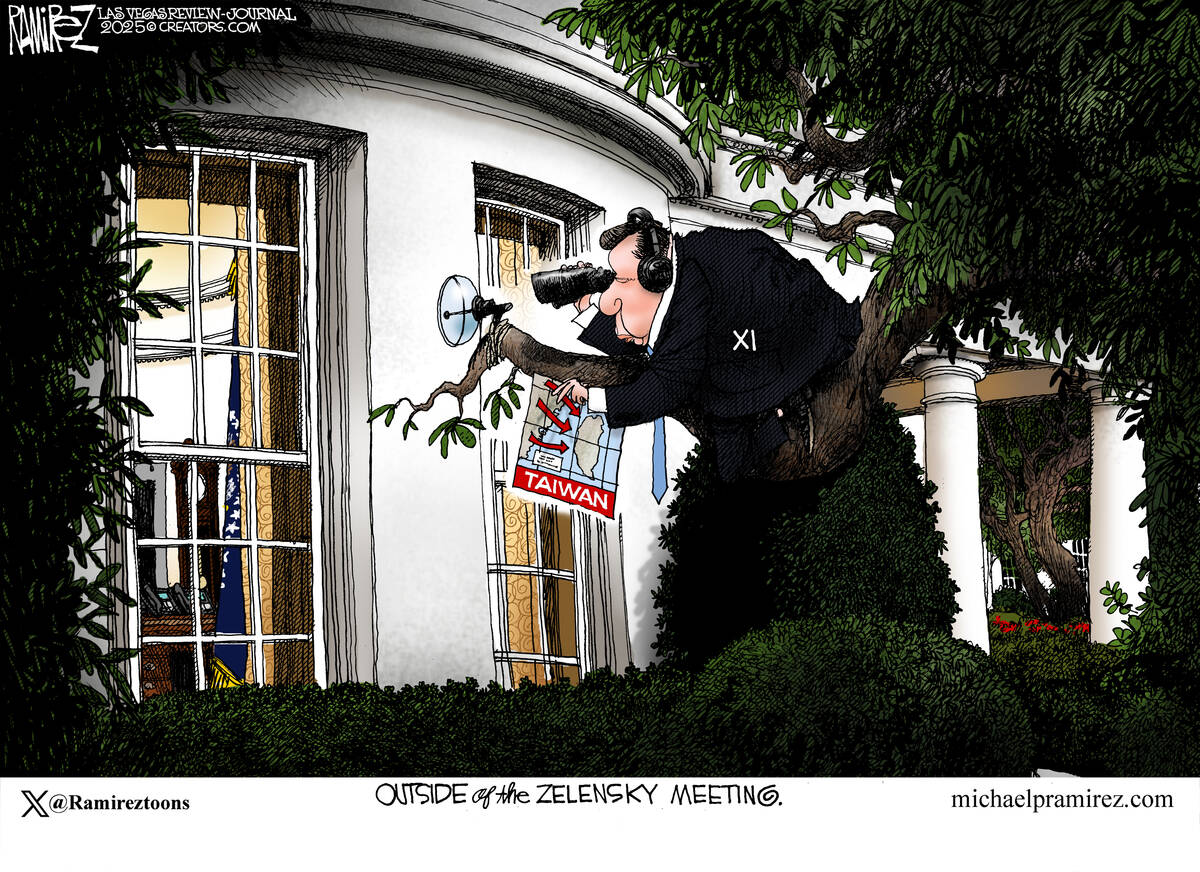The ongoing conflict in Ukraine, which began on February 24, 2022, has drawn international attention, particularly from China. As tensions escalate between Russia and Ukraine, China is closely monitoring the situation, evaluating its implications for global stability, trade, and military strategy. This scrutiny reflects China’s strategic interests and its position on the world stage.
China’s response to the Ukraine crisis has been characterized by a cautious approach. While Beijing has refrained from overtly aligning with either side, its diplomatic positioning reveals a desire to maintain strong ties with Russia, while also seeking to project an image of global responsibility. According to analysts, China views the conflict as a pivotal moment that could reshape international relations and influence its own security policies.
Implications for Global Trade and Security
The Ukraine conflict has already begun to disrupt global supply chains, affecting industries from energy to agriculture. China, as one of the world’s largest economies, is acutely aware of the potential ripple effects. The ongoing sanctions against Russia by the United States and the European Union have created uncertainties in energy markets, which could lead to increased prices for Chinese imports. In 2021, China imported approximately $90 billion worth of goods from Russia, including energy resources critical for its manufacturing sector.
Moreover, defense analysts suggest that the conflict may prompt China to reevaluate its military strategies and alliances. With NATO’s enhanced posture in Eastern Europe, China is likely assessing its own regional security dynamics, particularly concerning Taiwan. Military experts indicate that a prolonged conflict in Ukraine could embolden China’s assertiveness in the Asia-Pacific region.
China’s government has also been vocal about its stance on the Ukraine crisis. Recently, Chinese Foreign Minister Wang Yi reiterated the country’s commitment to a peaceful resolution, emphasizing dialogue over conflict. This position aligns with China’s historical advocacy for non-interference in other nations’ affairs, although critics argue that this principle may not hold if China’s interests are directly threatened.
Domestic and International Reactions
Within China, public opinion about the conflict remains mixed. Some citizens express support for Russia, viewing it as a counterbalance to Western influence, while others are concerned about the implications of the conflict on China’s economic stability. The government has been careful in its messaging, likely to avoid alienating key trade partners while maintaining a favorable image domestically.
Internationally, China’s response has received scrutiny. Some Western leaders accuse Beijing of tacitly supporting Russia through its diplomatic rhetoric and economic ties. In contrast, others acknowledge China’s efforts to act as a mediator. The European Union has called on China to use its influence to encourage Russia to de-escalate tensions.
As the situation evolves, the potential for greater geopolitical shifts looms large. Analysts suggest that the outcome of the Ukraine conflict could redefine alliances and influence trade networks, particularly in energy and technology sectors. China’s actions and responses will likely play a critical role in shaping these developments.
In conclusion, China’s observation of the Ukraine conflict underscores its strategic interests and the intricate balance it seeks to maintain in international diplomacy. As the situation unfolds, the implications for global trade, security, and geopolitical alliances will remain a focal point for policymakers around the world. The world is watching closely, and the stakes are undeniably high.
